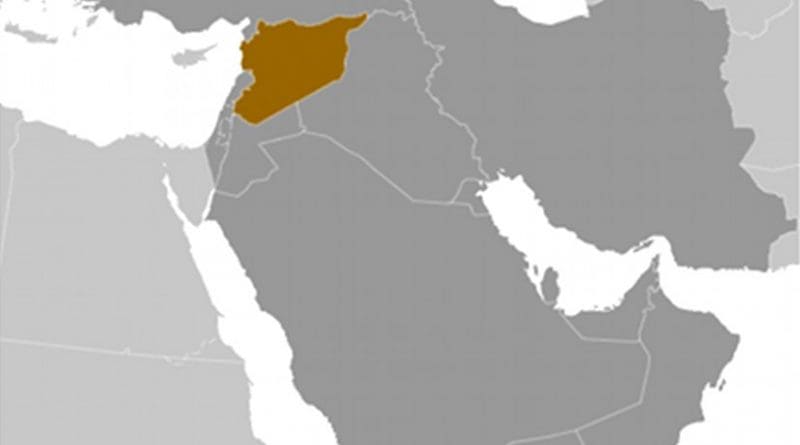Calls For Syria To Heed UN Notice To End Violence
Syria should end its violent repression of peaceful protests following unequivocal condemnation of its actions by the United Nations Human Rights Council, Human Rights Watch said today. The council’s resolution, adopted by a large majority on April 29, 2011, also calls for an urgent investigation by the UN high commissioner for human rights into killings and other human rights violations in Syria.
“The Human Rights Council’s strong action puts President Bashar al-Asad on notice that Syria needs to stop killing and abusing protesters,” said Julie de Rivero, Geneva director at Human Rights Watch. “The planned investigation will shine a spotlight on Syria’s abuses, and those accountable for them.”
The special session on Syria was called at the request of 16 council members, including the United States, South Korea, Mexico, Senegal, and Zambia. The resolution passed by a vote of twenty-six to nine, with seven abstaining. Four countries were absent: Jordan, Qatar, and Bahrain from the Middle East; and Angola.
While the Human Rights Council has addressed violence in Côte d’Ivoire, Libya, and Syria this year, it has not taken up the violent suppression of protests and subsequent arbitrary detentions and mistreatment in custody in Bahrain and Yemen. Several countries, including the United States, Brazil, and Mexico, mentioned Bahrain and Yemen in their statements at the Syria special session, but there is no immediate plan for the council to discuss those situations.
“Those facing heavy-handed government repression and violence in Bahrain and Yemen deserve the same attention from the Human Rights Council that it gave to Syria,” de Rivero said. “The fact that those situations grab fewer headlines today is no excuse for inaction.”
For several weeks, it appeared the Human Rights Council would take up suppression of protests throughout the Middle East in a broad, “thematic” special session on civil protests in the region. Such a session would have provided an opportunity for the council to address the violence in Bahrain and Yemen. When the government crackdown intensified in Syria, however, the council shifted to addressing that urgent situation. With the Syria session concluded, it is unclear when the council will take up Bahrain and Yemen, Human Rights Watch said.
Human Rights Watch has documented at least 28 deaths in Bahrain, most of them from government security forces’ use of lethal force to disperse peaceful protests. The number is especially significant in a country of about 1.2 million people, more than half of them foreign workers. Bahrain stands out especially for the level of violence and repression by security forces since protests were quelled on March 16, Human Rights Watch said. A pattern of arbitrary arrests and detention, ill-treatment, and intimidation against opposition party leaders, human rights activists, and those associated with the protests is continuing. More than 400 people have been detained since the protests – including medical doctors and a prominent defense attorney – and there have been four suspicious deaths in custody in April alone, according to Human Rights Watch research.
In Yemen, Human Rights Watch has documented 109 deaths of peaceful protesters or bystanders by security forces or pro-government assailants since uprisings against President Ali Abdullah Saleh began there in February; the actual number may be significantly higher. Security forces have shot and wounded hundreds of additional protesters and blocked medical workers from tending to the injured. Several independent journalists and activists associated with the protests have been beaten, threatened, or detained. In the most recent deadly attack on April 27, gunmen in civilian clothes shot dead 11 protesters and wounded more than 130 others as they marched past a pro-government camp.
“The Human Rights Council has shown that it can make a real difference in addressing urgent human rights situations, but its credibility depends on avoiding selectivity,” de Rivero said. “The United States, which strongly supported action by the council on Syria, should show the same leadership on Bahrain and Yemen.”

